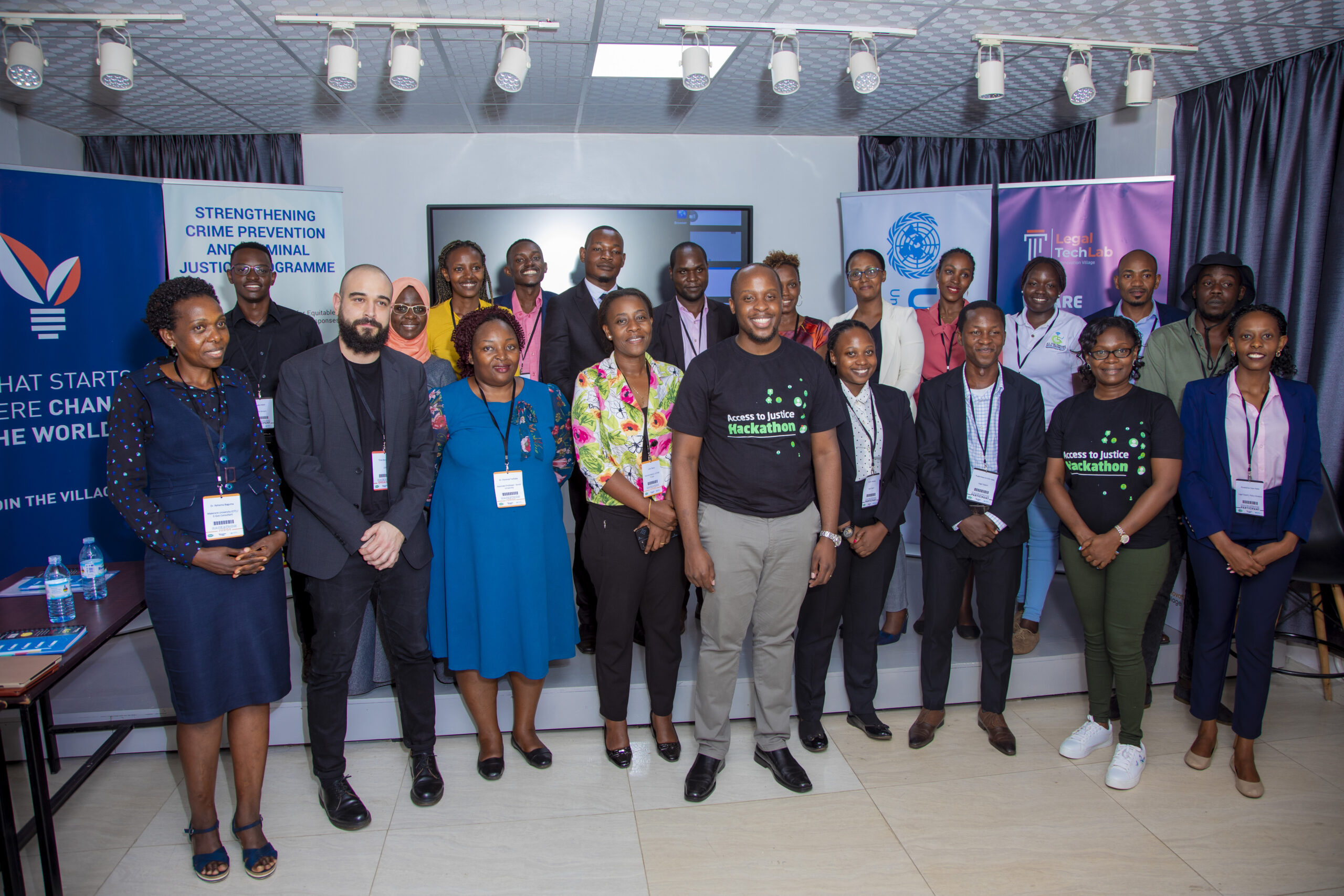advertisement
How Technology Advancement Is Transforming The Legal Industry

The Innovation Village In collaboration with Cosmonauts Limited (UK), United Nations on Drug and Crime, and partners in the justice sector, completed three days of conferences in Kampala on innovative advancements in the legal industry on Saturday, 25th February . They further held discussions on how technology can streamline justice processes, improving citizen engagement, transparency, and accountability of justice institutions.
The conference was aimed at bringing together legal practitioners, tech experts, and industry players across the continent, to stimulate conversations on how to fuel an innovative mindset to drive technology adoption and attract investment into the sector.
Termed “Future Lawyer Week Africa”, the conference participants observed that emerging trends and technologies will transform the way legal services are delivered and accessed in the coming years, as the legal industry continues to evolve.
advertisement
In a joint press release, the conference organizers said the future of law is set to look very different from the past with artificial intelligence and blockchain providing alternative legal services.
“Today, the digitalization agenda has become an imperative for all economies globally with governments, citizens, and businesses increasingly digitalizing their operations and adopting tech-enabled solutions geared towards improving their work processes,” said Hellen Mukasa, LegalTech Lab Lead at Innovation Village, while addressing journalists.
Mukasa said only a handful of legal professionals and justice institutions seem to have joined this transformation journey, although, many continue to work in silos which makes collaboration difficult to achieve.
“It is for this reason that we have decided to host the Future Lawyer Week Africa with the collective agenda of building partnerships, sector collaboration, and synergies to create a digitally driven and integrated ecosystem, where technology can be leveraged to create more synergies and make the legal system more accessible”, she added.
advertisement
On his part, Justice David Wangutusi, the Head of the Commercial High Court, emphasized the need for the legal sector to quickly integrate technology in their day-to-day tasks so that issues such as high court case backlogs, delayed administration processes, cost of legal services, and inefficiency can be dealt with.
“Young lawyers should harness digital tools such as video conferencing, E-Filling, case management systems, and data analytics to reduce delays in legal proceedings, access case-related information or precedents, analyze data to identify areas of concern and take corrective actions to prevent wrongful conviction”, he said.
Sharon Lesa Nyambe, Head of Office at the United Nations Office on Drug and Crime (UNODC) in Uganda further noted that UNODC mandate, entails creating an enabling environment for equitable access to justice, ensuring inclusion and an effective criminal justice system.
“We believe technology has the potential to transform the challenges affecting the justice system and can support institutions within this ecosystem to optimize and refocus their business processes, improve service delivery to users, protect human rights, and increases the efficiency of the administration of criminal justice,” she said.
A report published by the Justice Law and Order Sector in Uganda in 2019, estimated that approximately 80 percent of the population does not have access to legal services. The report further highlights that there is a shortage of legal aid providers, with only 130 lawyers and 200 paralegals available to serve the entire population of Uganda.
This shortage means that many people are unable to access legal representation, particularly those who live in rural areas and cannot afford to pay for private legal services.
advertisement
“The Innovation Village is Africa’s leading ecosystem for entrepreneurs and innovators working to solve the most pressing challenges using technology”, stressed Mukasa.